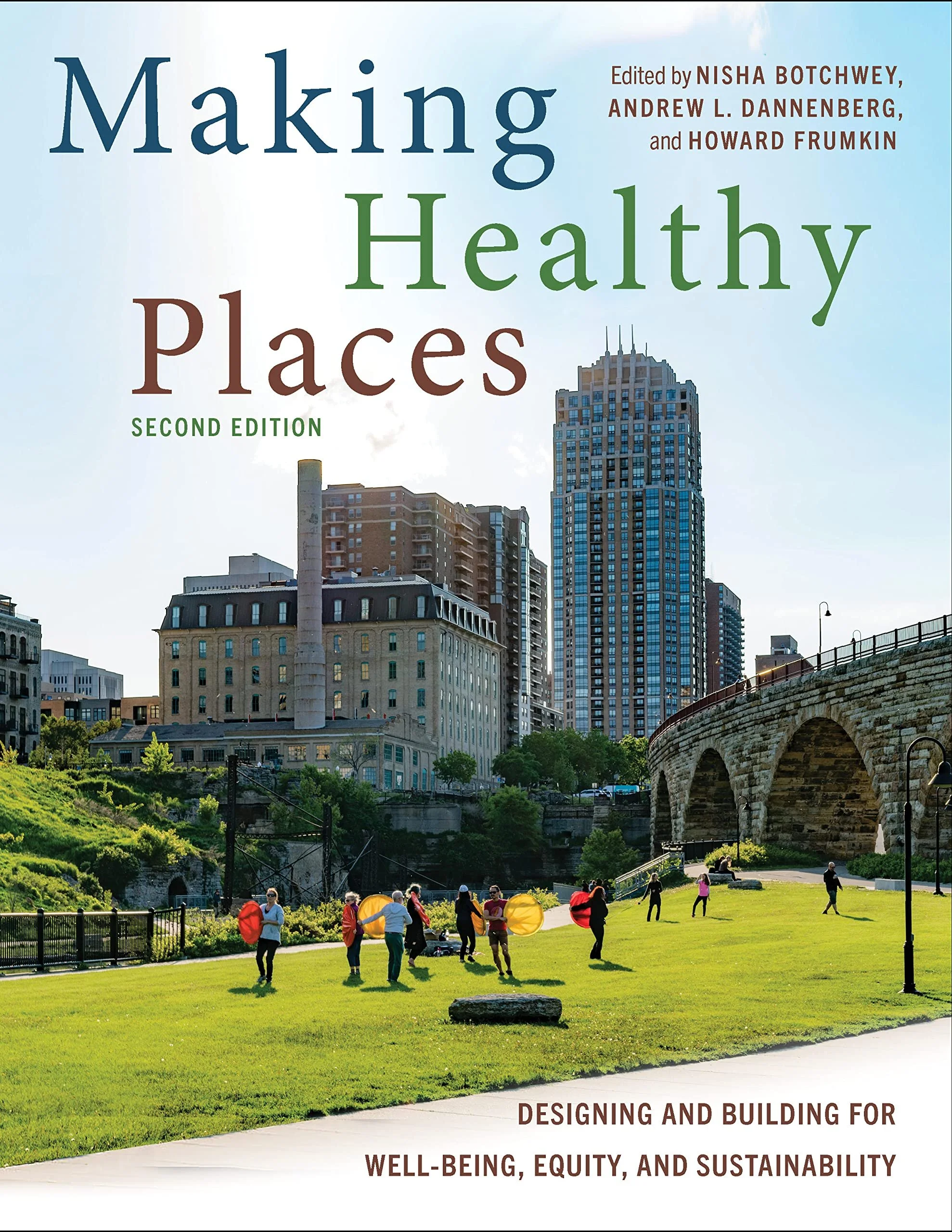Resilience
Having arisen semi-independently in a range of fields—including engineering, ecology, psychology, and disaster risk management—resilience is a highly contested term. Generally speaking, though, it refers to the capability of a person, structure, or system to withstand shocks or stressors while maintaining or recovering function and continuing to adapt and improve. The resilience of communities and of the built environment is particularly important for health, and becomes more so as shocks become more likely due to climate change and other environmental disruptions—COVID-19 has been an immense shock that has tested the resilience of every community world-wide.
In a social-ecological system, resilience is multifactorial, requiring integrated action by multiple stakeholders, and emergent—it arises from complex interactions of elements, rather than from any individual element or characteristic. Resilient communities feature characteristics like anticipation (planning for future risks), communication (providing for timely, effective information flows), diversity (using a wide variety of resources and strategies), and redundancy (duplicating functions), among others. Resilience planning is a critical part of climate adaptation.
Selected readings
There is a broad academic literature on resilience; Aditya Bahadur and colleagues provide a useful conceptual review of its use in climate and development in the eponymous journal. The Resilience Alliance, a research organization that focuses on resilience in social-ecological systems as a basis for sustainability, is also a useful source for concepts, background, and practical guidance. Resilience Brokers, a networked organization aiming to using systems thinking to unlock value and to improve the climate resilience of places, is one example of innovative work in this space. Among their main projects is Resilience.io, a global support network of integrated tools and collaboration for financing and decision making for resilience. Recently, I teamed up with Katy Indvik to write a chapter on resilience as a critical guiding principle for healthy communities for the second edition of Making Healthy Places.





